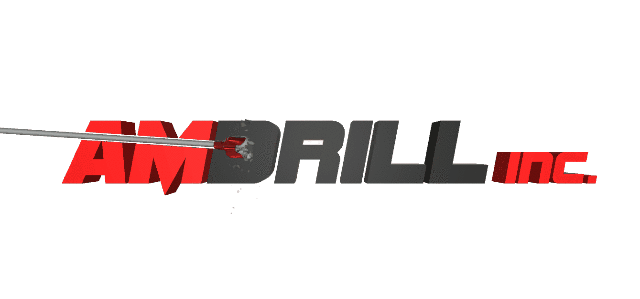Drilling Clearwater When Do Drilling Companies Need to Work in Water?
Geotechnical drilling often implies that a company will be tasked with drilling in one or multiple areas above ground in order to gain access to the soil and sediment down below. While this is true in most instances, it is also common to be in areas partially or fully submerged and perform some services related to geotechnical drilling. Clearwater residents should know that drilling that is done in or around a body of water is often referred to as marine or maritime drilling, but it is often the same tools and procedures as with normal geotechnical drilling.
Coastal Buildings and Structures
If you have ever been to the Beach or to a developed area near one of the many coasts of Florida, it is not hard to find structures and buildings that people use all the time. For example, some people like to go to the beach or to the coast in order to fish off of a pier. That pier needs to be structurally sound and in a good location in order for people to use it safely, and this is ensured by professionals that specialize in geotechnical drilling. Clearwater residents know that structures built in the State of Florida, and even more so structures that are built in coastal areas, need to sustain high winds and water from severe storms and seasonal hurricanes.
Infrastructure Projects
Not all tasks related to geotechnical drilling are done in the water or off the coast in the State of Florida. Florida is also known for having large amounts of freshwater inland from rivers and lakes that people need to get around in order to get to work or to run errands. Infrastructure projects are another big reason why a professional company would be performing marine drilling. Clearwater residents should know that bridges need to be secure in order to have a large amount of vehicles or other forms of weight, and this is done by having a solid foundation created by geotechnical drilling professionals.
*Disclaimer: The views expressed here are those of the authors and do not necessarily represent or reflect the views of Amdrill Inc*

